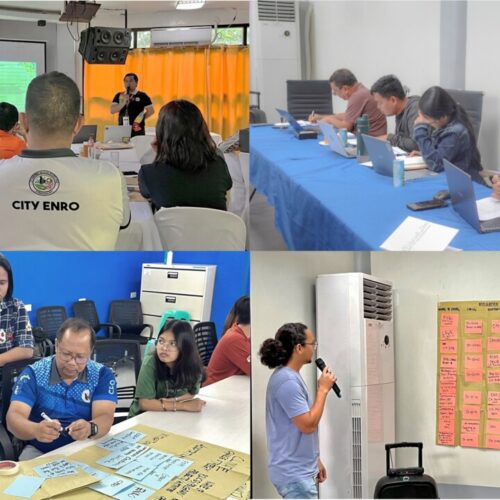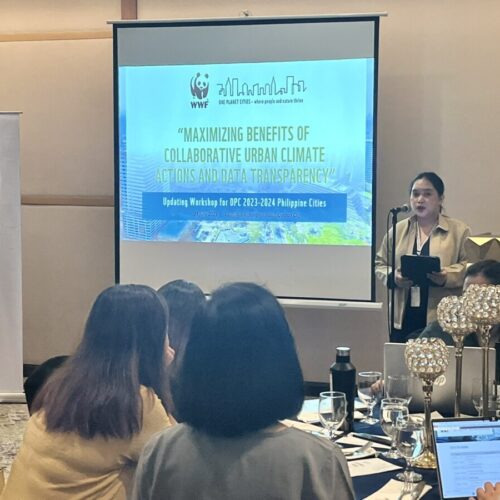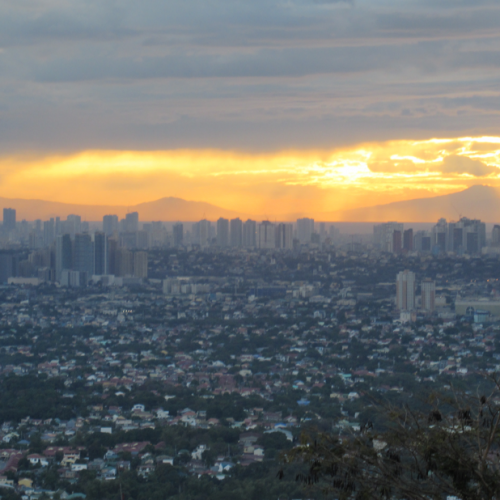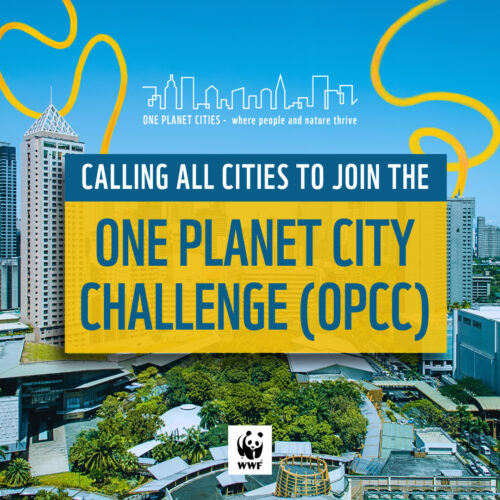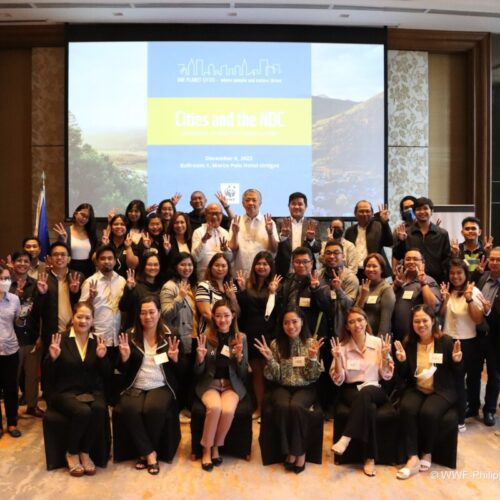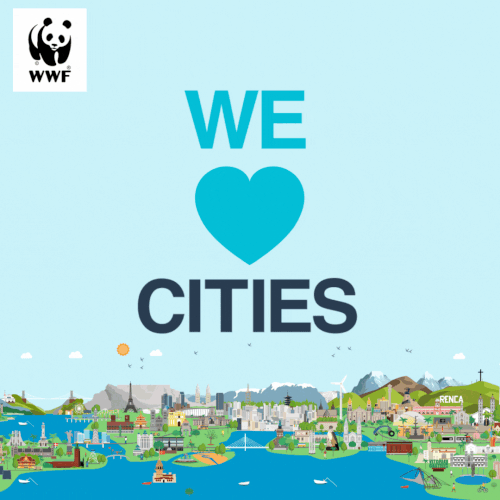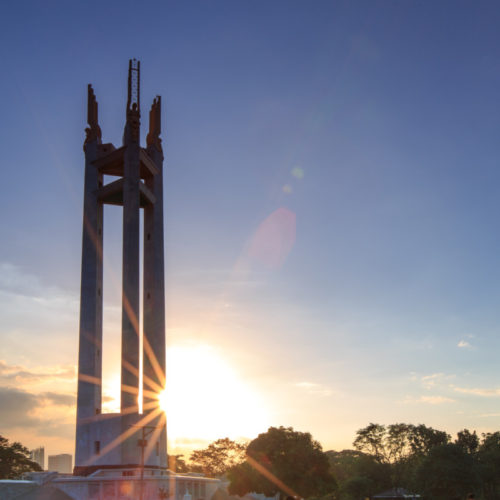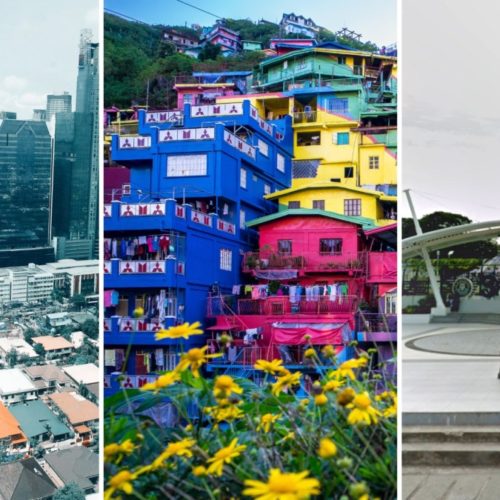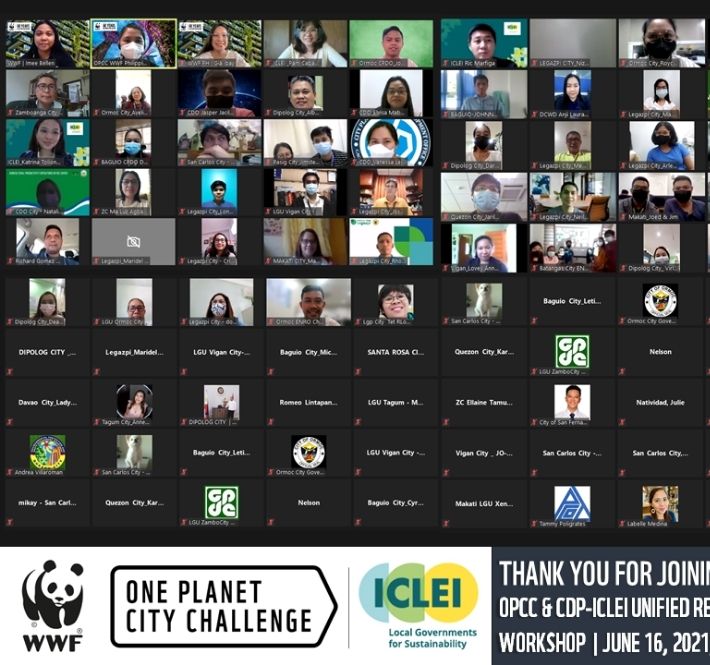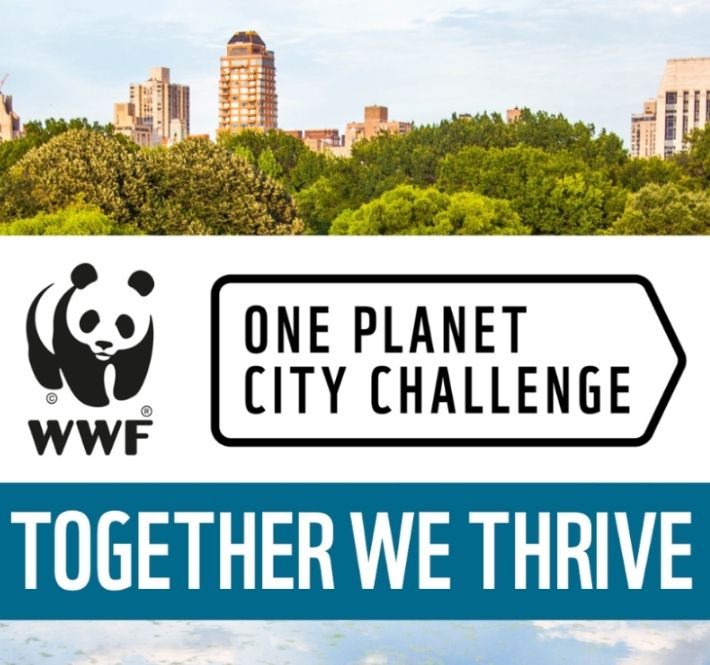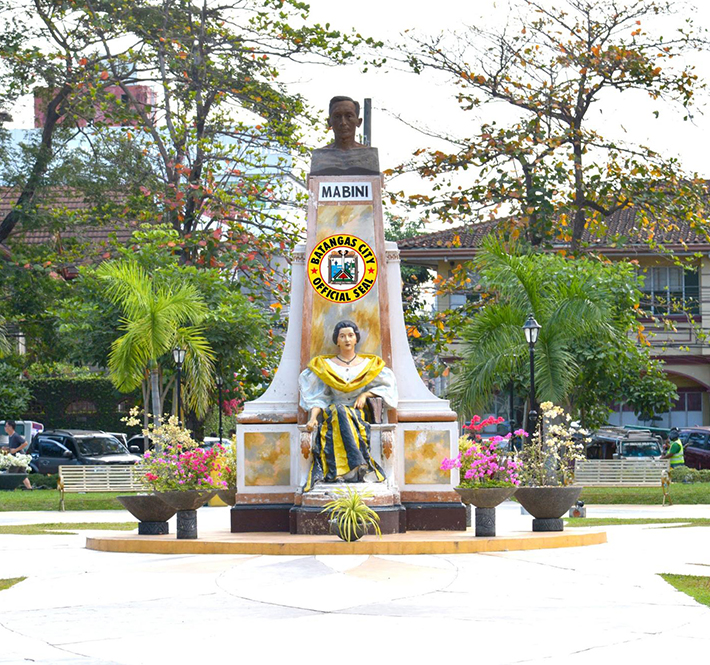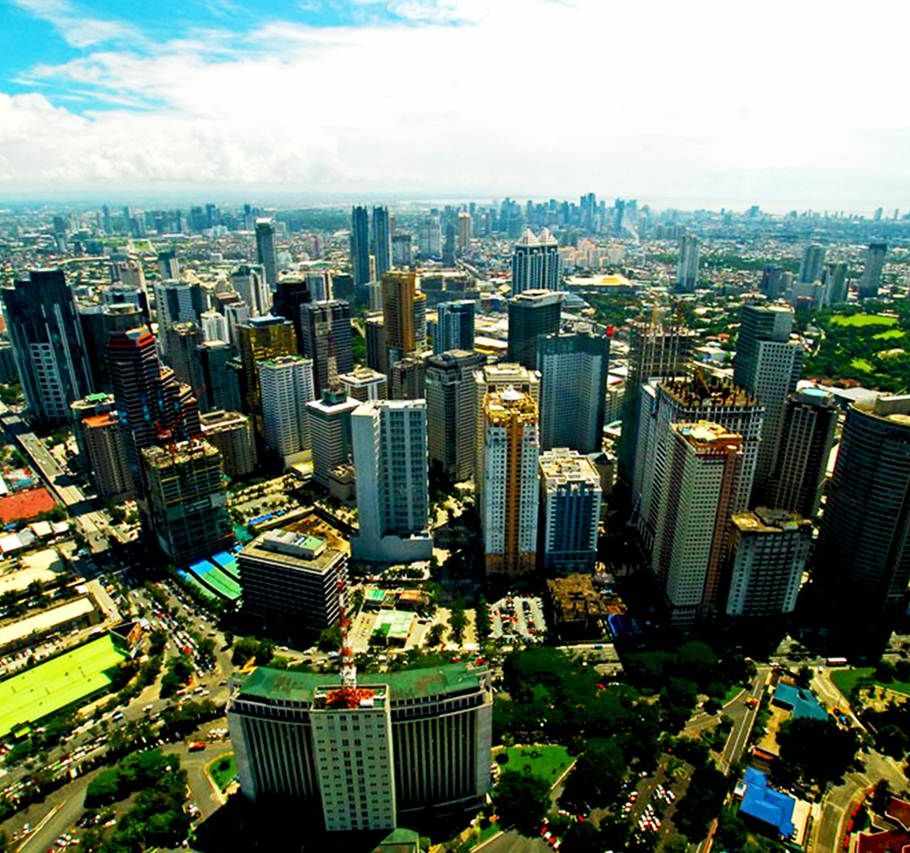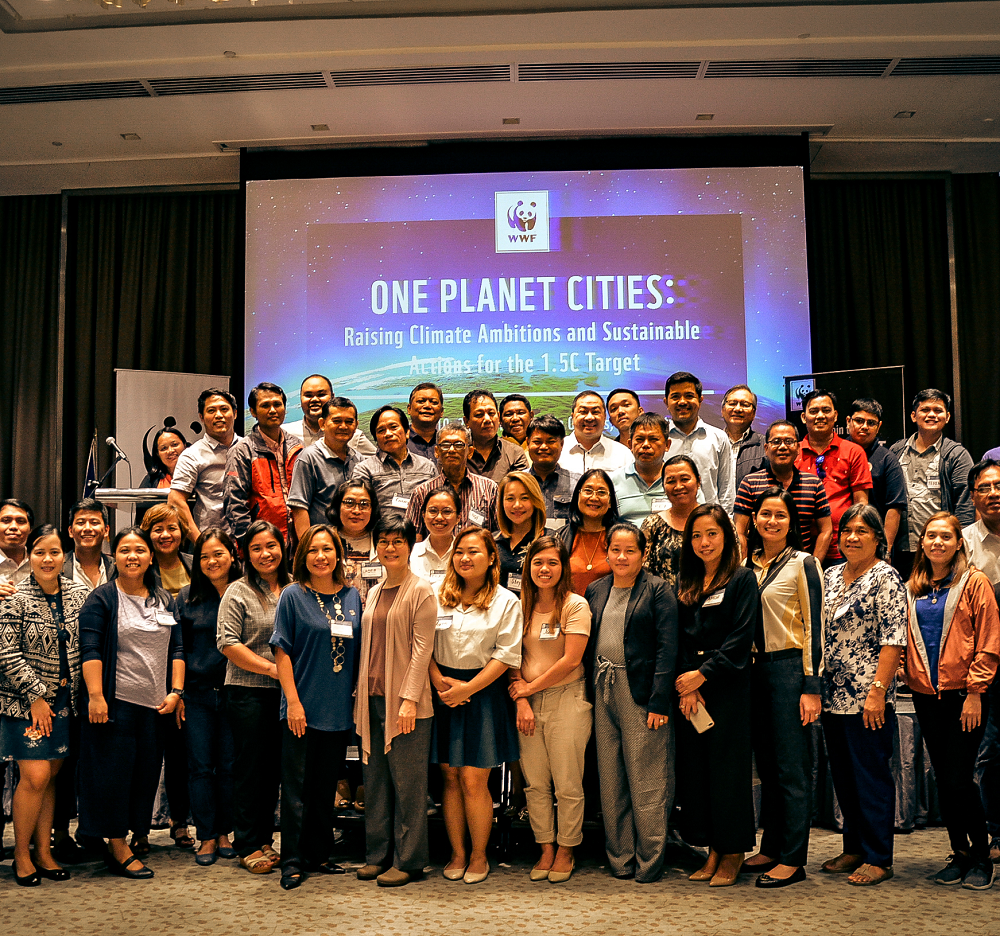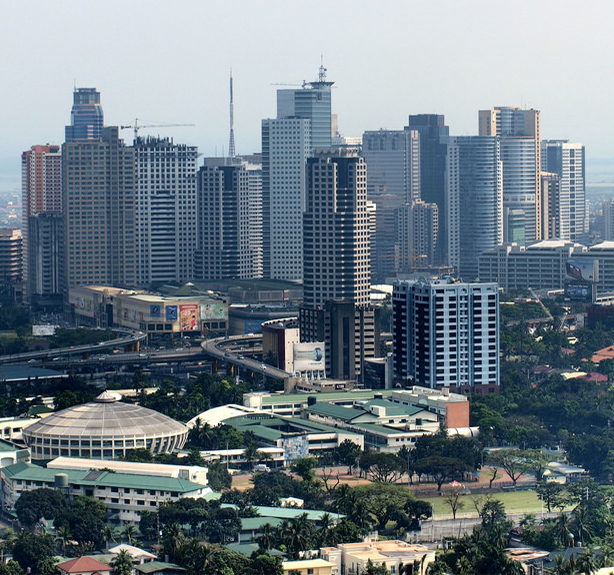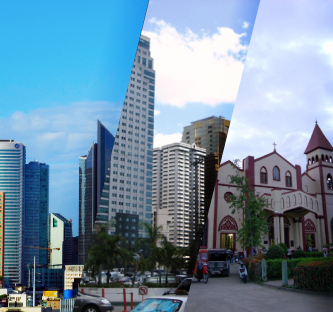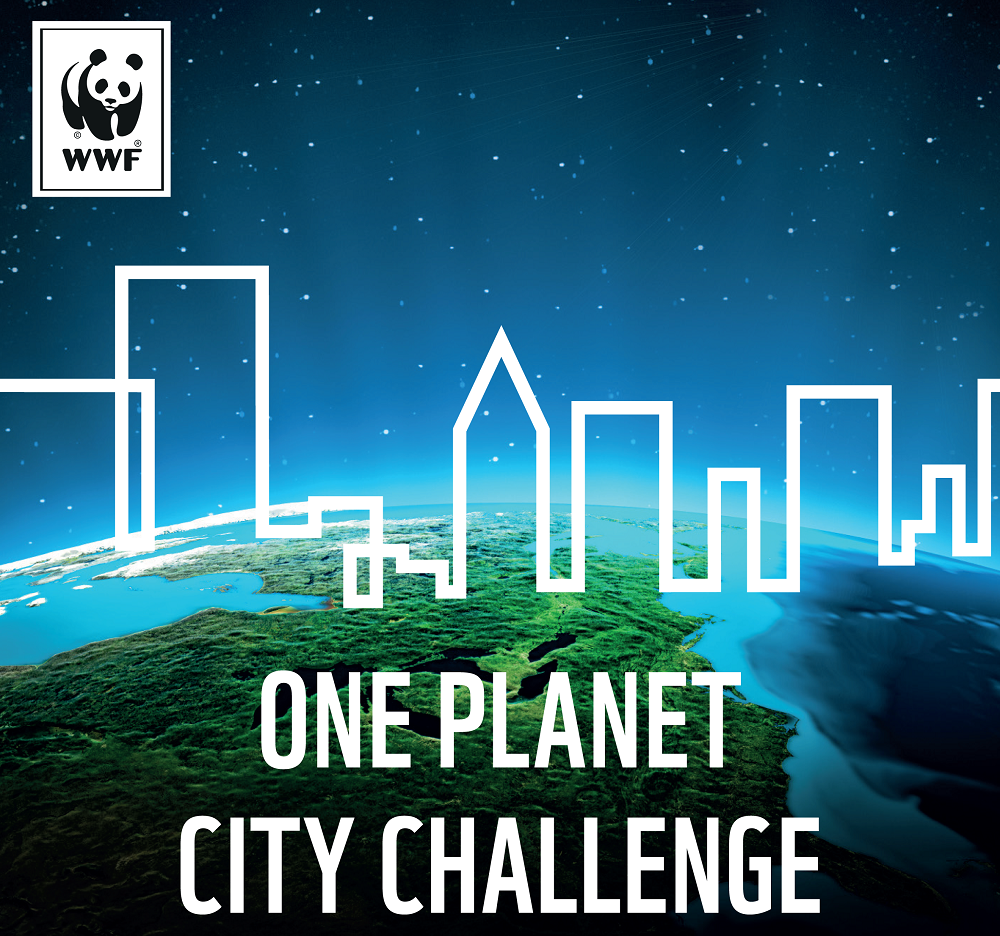The One Planet City Challenge (OPCC) is the centerpiece of WWF’s work with cities. It aims to recognize cities that are leading the transition towards a climate-resilient, one planet future. Launched in 2011 as the Earth Hour City Challenge (EHCC), OPCC is a biennial, global challenge for cities to present ambitious, holistic, inspiring and credible plans for low carbon development, including a dramatic increase in the use of sustainable and efficient renewable energy solutions, as well as sustainable urban transport systems today and beyond.
Including the Philippines, OPCC runs in 20 countries covering 320 cities. Philippine cities that are participating this 2017-2018 include Batangas, Catbalogan, Makati, Naga, Paranaque, Pasig, San Carlos, Tagum and Zamboanga. During the previous year the cities of Naga, Paranaque, Quezon City, San Carlos and Santa Rosa also joined the challenge.
Since its inception, WWF has partnered with ICLEI-Local Governments for Sustainability, particularly though the carbonn Climate Registry (cCR). The cCR is a global reporting platform for local and subnational climate action where participating cities can report relevant data, plans and actions.
2015-2016 marked the first time the Philippines joined the City Challenge with a total of seven (7) cities participating from an initial target of three (3). Cities of San Carlos in Negros Island, Santa Rosa in Laguna and Makati in Metro Manila moved up as finalists competing against forty-seven (47) cities from twenty-one (21) countries. Eventually, the City of Santa Rosa emerged as one of the National Earth Hour Capitals for 2016 with City of Paris, France as the Global Earth Hour Capital of 2016.
Following the successful run of last year’s City Challenge, WWF-Philippines has continued its partnership with ICLEI Southeast Asia for the rebranded OPCC. It is hoped that through the program, more cities will become proactive in showcasing their unique and ambitious climate actions while also helping build cities’ capacities to better respond to the adverse impacts brought about by the changing climate.
PROJECT UPDATES
Cities of Catbalogan, Naga, and Puerto Princesa Capacitated on Climate Actions and Financing Strategies
15 Philippine cities strengthen their journey for urban climate action in WWF’s One Planet City Challenge 2023-2024
World Wide Fund for Nature (WWF) Philippines announces 15 qualified cities for the One Planet City Challenge (OPCC) 2023-2024
WWF’s longest running competition for sustainable cities opens for 2023
OPCC 2022 Assists Philippine Cities to Enhance NDC Implementation
Davao City, Dipolog City, and Quezon City are this year’s Philippine flagbearers in the latest leg of WWF’s We Love Cities
Dipolog City emerges as Philippines' National Winner in WWF’s One Planet City Challenge
3 Philippine cities chosen as national finalists in WWF’s One Planet City Challenge
3 Philippine cities join global partnership to access better digital tool that can help achieve a 1.5C trajectory
Philippine Cities Gear-Up On Their Climate Data Reporting
16 Philippine Cities Qualify for the One Planet City Challenge 2021 - 2022
The World Wide Fund for Nature (WWF) Philippines announced the 16 qualifiers for this
3 Philippine cities emerge as national finalists in WWF’s One Planet City Challenge
The Philippine cities of Batangas, Muntinlupa,/p>
3 PH Cities are OPCC National Finalists
From 133 cities from 23 countries, forty cities including the
